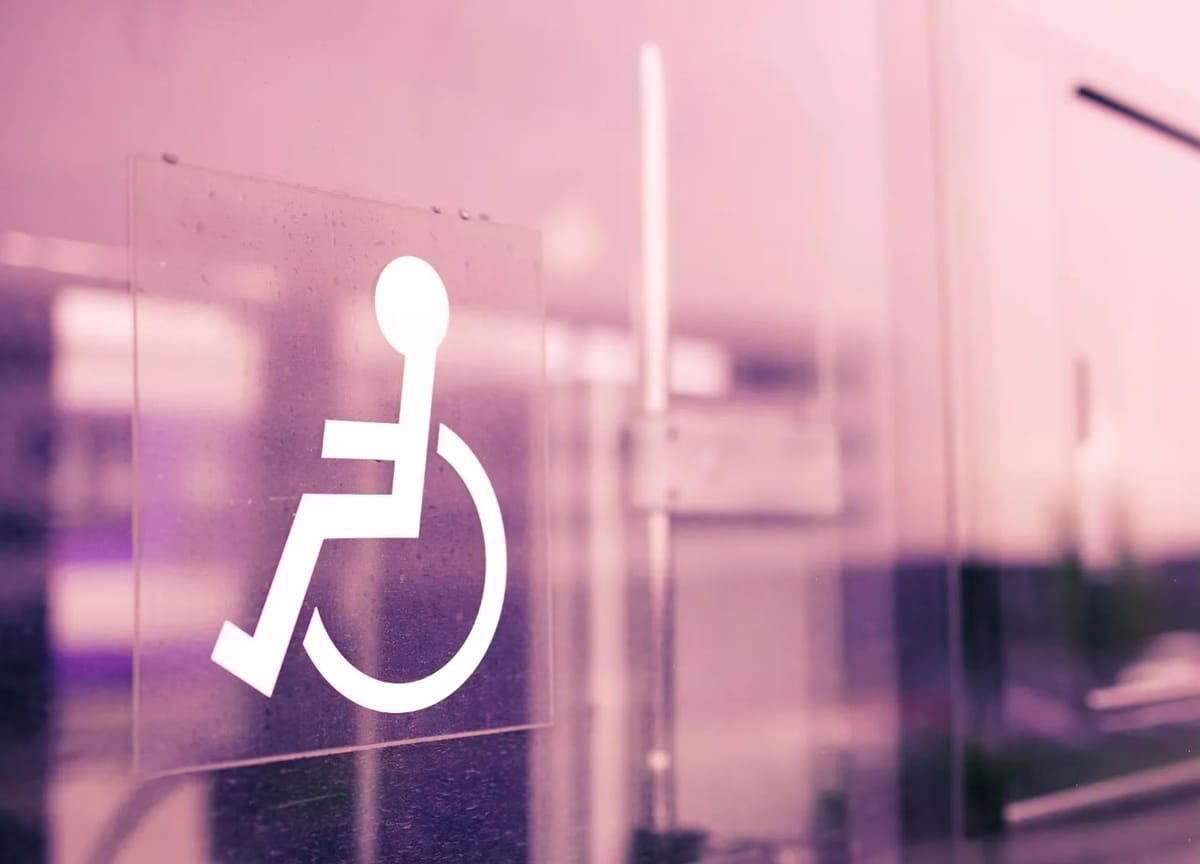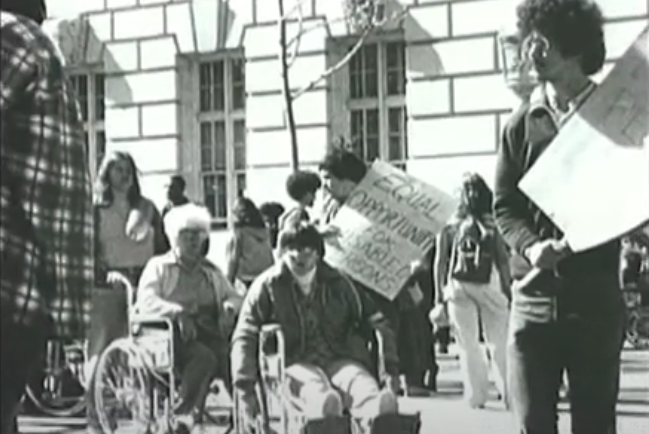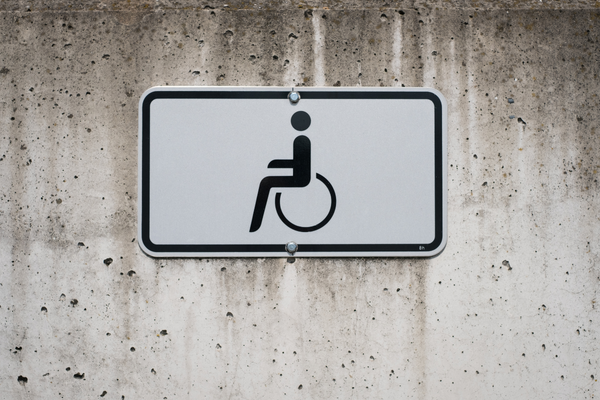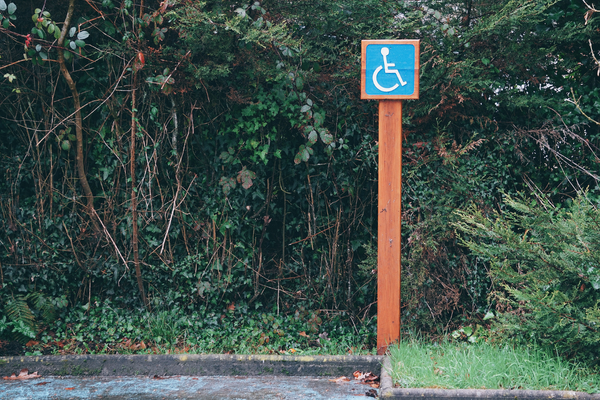3/20/25 - Cuts in the UK, and the latest from Smart Ass Cripple


By the time this newsletter is published, President Trump may have already signed his executive order to shut down the U.S. Department of Education. I have also seen a few copies of a Facebook post listing over a dozen steps the U.S. Department of Justice has taken that roll back specific disability rights regulations. But I'm not going to share articles on this until I actually see them, which means probably sometime next week. I want this newsletter to be relevant, but not always timely to the minute, or even to the day. In most situations, I would rather wait to see how new events shake out a bit, and share articles and takes on them that have had a chance to mature beyond rumor and freak-out. This also allows more openings for news from outside the U.S. – like the first two of today's three shared links.
What are the Pip and universal credit changes and who is affected?
Liz Kendall, BBC - March 18, 2025
"Changes to the welfare system will save £5bn a year by 2030 and get more people into work, the government says ... The government says it wants to help those who can work back into employment, while doing more to protect those with severe conditions who are unable to do so."
For the quote here I took what seemed like the two most important factors in the United Kingdom's changes in disability benefits. The Labour government wants to save a lot of money over the next ten years, and they at least appear to want to make it easier for disabled people to pursue employment without risking too much in benefits. What strikes me most as an observer from the U.S. is that the UK benefits system seems even more complicated than what we have here. Some of it looks better, even with the proposed changes, while other aspects seem worse. I would love to see more comparative studies of how different countries do disability benefits. I feel like we can learn a lot from each other – including what to try, and what to avoid, and how underlying ableism distorts it all.
The Guardian view on Labour’s cruellest trick: selling welfare cuts as compassion
Editorial, The Guardian - March 17, 2025
Source: Raul Krauthousen
"By defining itself as the party of work, Labour casts those unable to be economically productive – through disability or ill health – as burdens, not individuals with rights"
This article didn't turn out to be as focused on disability benefits as I thought it was going to be – as suggested by the quote above which opened it. But it's worth reading anyway. The distinction between valuing work and valuing workers is especially important. One of the key contradictions in disability culture is that many of us want very much to work and earn a living, and we continue to fight barriers to achieving that goal. But at the same time, many of us go through periods when we really can't work, or can't prioritize work over other concerns at any given time. And none of us wants to be valued solely for how much money we make, how many hours of work we put in, or how much we produce.
My Diagnosis (If You Really Wanna Know)
Mike Ervin, Smart Ass Cripple - March 10, 2025
"And the reason that I haven’t taken the time to find out for sure is because I really don’t care much what my diagnosis is ... A lot of people seem like they’re surprised to hear me say that. Maybe that’s because a lot of people seem to think that a cripple’s primary quest in life is to find out as much as they can about their diagnosis and then do a lot of therapies and exercises and shit like that accordingly, as if we’re preparing for a boxing match."
There are all kinds of ways to explain the difference between the Medical Model and Social Model of disability. The Medical Model focuses on your diagnosis, rehabilitation, and possible recovery from disability. The Social Model focuses on how you actually live with your disability, and the things out in the community that make that harder and easier. Here, Mike Ervin makes the distinction even simpler, a tiny bit cruder, and a lot more funny.

Action Alerts
Opportunities to take action on disability issues ...



Disability Thinking Weekday is a Monday-Friday newsletter with links and commentary on disability-related articles and other content. Please like, share, comment, and subscribe — for free, or with a paid subscription. A free subscription brings a newsletter to your email each weekday, and gives you access to Comments. Benefits of paid subscription include:
- A monthly recap with links to all of the previous month's shared articles, organized by topic.
- Listing as a supporter, and a link to your website if you have one.
- You can recommend one disability-related article for me to share per month in a weekday post.
To to subscribe, or check and change the status of your subscription, click this button:
I am so grateful for your help and engagement, in whichever forms you choose!






